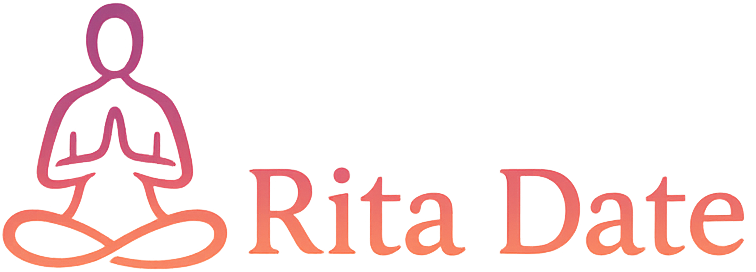Protein is a macronutrient critical for both adults and children at every stage and we are not getting enough of this essential nutrient. As a nation, we are severely protein deficient – our diet is high in carbohydrates and fats.
Why should you care if you are getting enough protein or not?
It is a component of every cell in your body. In fact, hair and nails are made mostly of protein.
It is used by the body to build and repair tissue.
You need it to make enzymes, hormones, and other body chemicals.
It is an important building block of bones, muscles, cartilage, skin, and blood.
Unlike carbohydrates and fat, your body does not store protein, so it has no reserved stores to draw from when you are running low.
On an average, you need a one gram of protein for every kilo you weigh. Weigh 60 kilos, then you need about 60 gm of protein. Athletes require a bit more.
Non-vegetarians: Eggs are the purest form of protein, so include them regularly in your diet. You can eat eggs 3-4 times a week, even if you have high cholesterol. Eat omelettes for dinner instead of Pav Bhaji. Also eat more pieces of chicken and less curry.
Vegetarians: Dairy is high in fat content, so be careful of cheese-based foods. Dahi made with low fat milk is an excellent source of protein. Tempeh, tofu also are good sources but should not be had in excess – a few times a week is fine. I don’t recommend protein supplements if you get enough protein in your diet — natural protein is best. But if you are an active vegetarian who works out a lot, it’s best to go for whey protein shakes as a supplement to your regular diet. Look for natural whey protein powders.
Protein is a macronutrient critical for both adults and children at every stage and we are not getting enough of this essential nutrient. As a nation, we are severely protein deficient – our diet is high in carbohydrates and fats.
Why should you care if you are getting enough protein or not?
It is a component of every cell in your body. In fact, hair and nails are made mostly of protein.
It is used by the body to build and repair tissue.
You need it to make enzymes, hormones, and other body chemicals.
It is an important building block of bones, muscles, cartilage, skin, and blood.
Unlike carbohydrates and fat, your body does not store protein, so it has no reserved stores to draw from when you are running low.
On an average, you need a one gram of protein for every kilo you weigh. Weigh 60 kilos, then you need about 60 gm of protein. Athletes require a bit more.
Non-vegetarians: Eggs are the purest form of protein, so include them regularly in your diet. You can eat eggs 3-4 times a week, even if you have high cholesterol. Eat omelettes for dinner instead of Pav Bhaji. Also eat more pieces of chicken and less curry.
Vegetarians: Dairy is high in fat content, so be careful of cheese-based foods. Dahi made with low fat milk is an excellent source of protein. Tempeh, tofu also are good sources but should not be had in excess – a few times a week is fine. I don’t recommend protein supplements if you get enough protein in your diet — natural protein is best. But if you are an active vegetarian who works out a lot, it’s best to go for whey protein shakes as a supplement to your regular diet. Look for natural whey protein powders.
